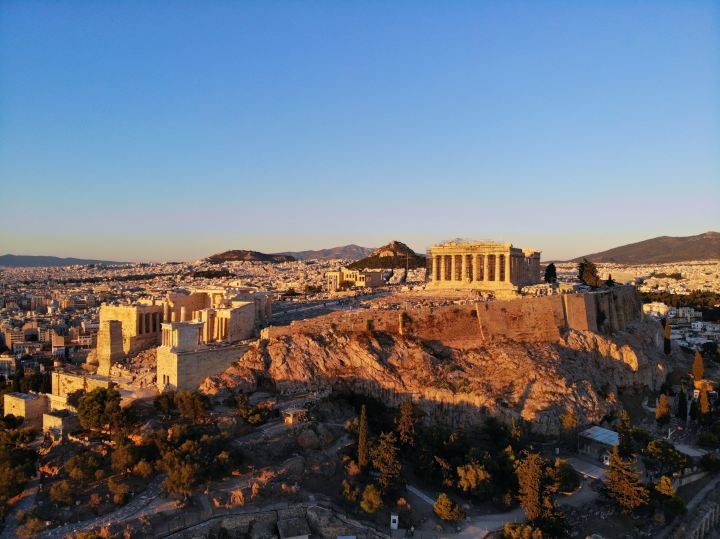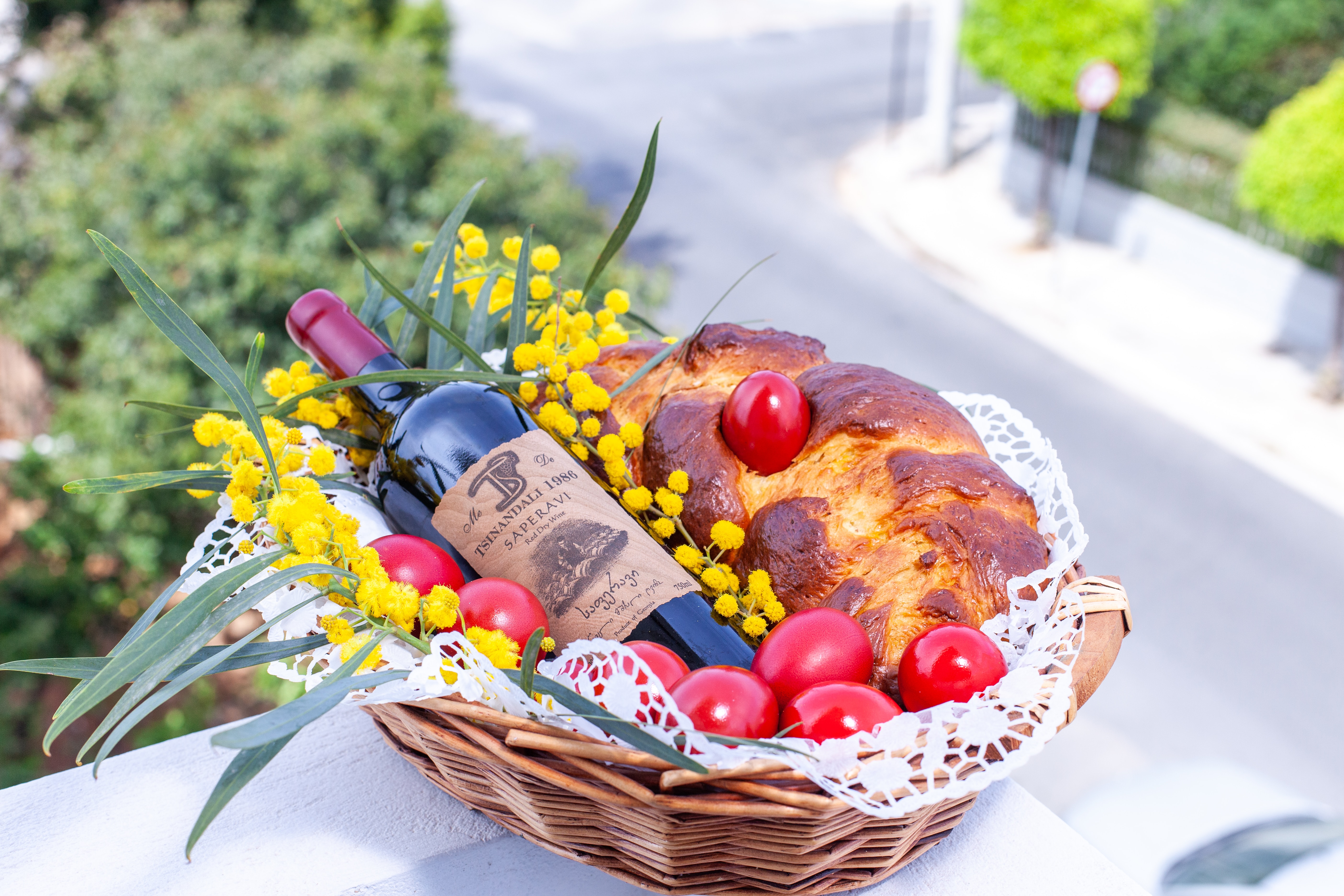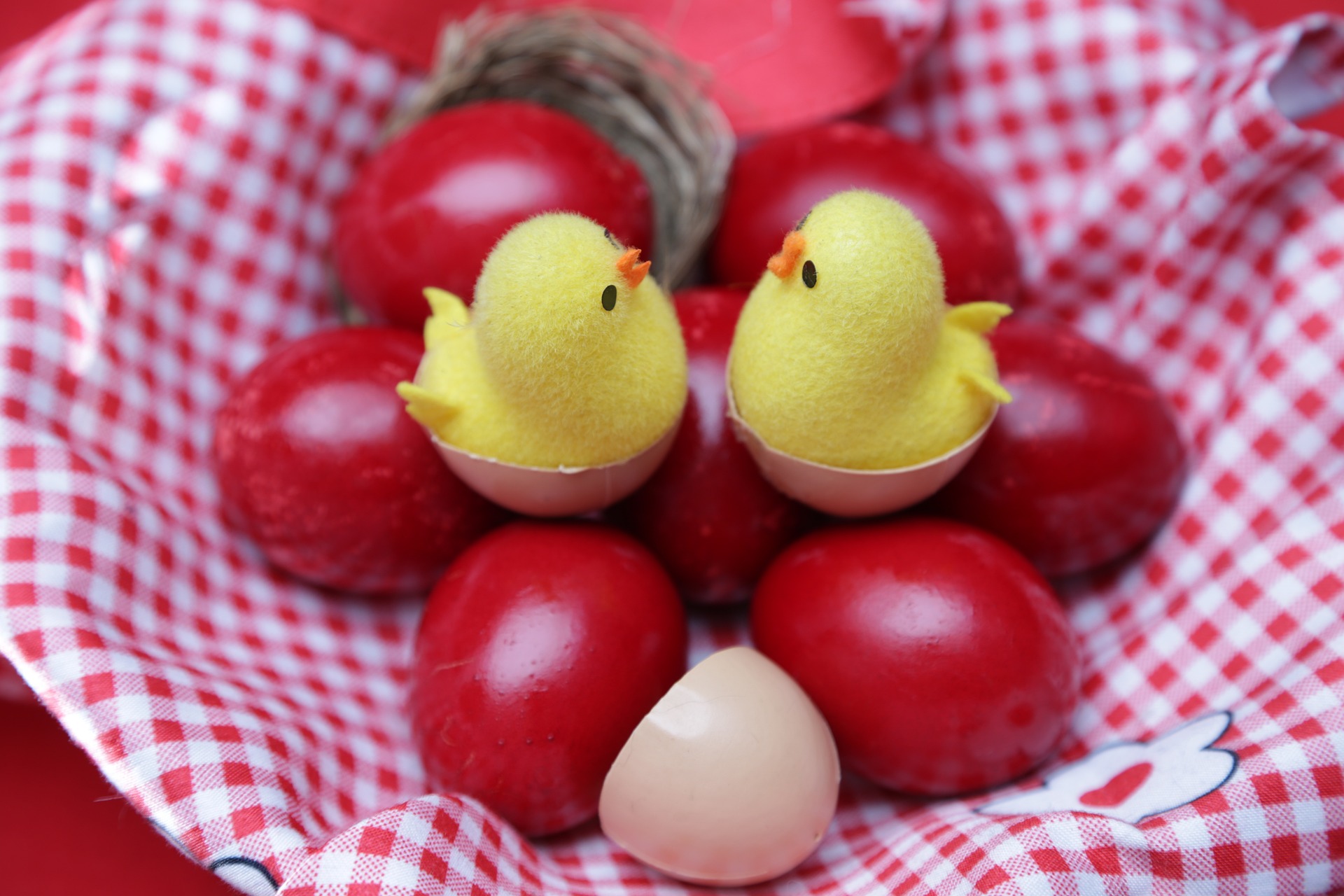GREEK EASTER
Reminiscences of Athens in a time long before Covid

Easter in Greece had always been the best time. In 2018, that memorable year before Covid when we all thought anything was possible, I decided to drop in on a Greek Easter on my way to London.
The city, Athens, squeezes out tears of emotion, with its complex inheritance of archaeology, Ottoman occupation and wild emotions; even the most ordinary thing is drenched in classical terminology.
When I had lived there in the Eighties there was a big drive towards the alternative and we lived under a muttering thunder of love-ins and hippiedom, trying to flush out some deep insights. I wanted to revisit my tiny house, apano ste Plaka, as they say in Greek, above the Plaka. The name of this little island suburb in the middle of the city of Athens is Anafiotika, and rose up when workmen from the island Anafi, many of whom were expert carpenters and marble workers, had settled in the area when they were working on repairs to the Parthenon many years ago.
Now, with its whitewashed houses and steep steps and window boxes full of scarlet geraniums, it could be any island village.
Living there was like living in one family. My house had marble floors, with an ancient pattern, octagonals in scarlet and green, already faded. There was a big brass bed and a window that overlooked the whole of Athens. I cooked, like everyone else in the village (I use the word village although it was in the centre of a city because that is what it was) on a small brass gas cooker which one needed to start with a ring of alcohol. We used large bottles of pure alcohol for cleaning and disinfecting and starting this stubborn little stove.
Back in Greece 20 years later, I see that my neighbours are still cooking on the same antique piece of apparatus.
Everything about Anafiotika has a sort of augmented reality; did I really live here all those years? Did I really take my Sunday roast down to the baker to cook? Did I really fall in love with a gypsy who stole my money? It seemed too far off to ever have been true. Did I really toil up these steps at two in the morning, coming back from the Athens News, making my way through the carnival in the Plaka; did I really tolerate being hit on the head with a squeaky rubber bat repeatedly? When I asked why, they said “carnival”, an inadequate answer.
Tender perceptions and wild hospitality
Back on my old home ground, I once again became familiar with the tender perceptions and wild hospitality (a host once stuffed a spoonful of cherry glyko down my throat and made me sick) of the Greek nation. Hospitality, philoxenia, is a national pastime.
Once again, I arrived in the three weeks before Easter which leads to the Greek Orthodox Easter, the carnival season known locally as Apokries (9 February to 1 March in 2020). The carnival is related to Christianity but has its roots in ancient festivals honouring Dionysus, the God of wine and fertility. In modern days, most Athenians love to participate in the fizzy atmosphere of Apokries, making February and March a great time to visit the city. Well, if you like being hit on the head with a rubber bat.
Anafiotika and the Plaka had in more than 20 years not changed that much. The streets were full of people, throwing confetti, somewhere a live band played and the small kids in costumes danced together. Little did people know that Covid was hovering very near and the next year would see the carnival banned. Athenians love going out in crowds and they love night life, helped along by the fact that most of them have a long siesta in the afternoons.
Everything looked so much the same, the paperback stalls stocked with pulp novels and cigarettes (none of my friends seemed to have given up smoking), the tavernas with their shaded terraces, the silhouette of the Acropolis, almost trashy in its familiarity.
The place had a sort of Durrellian exoticness, people in evening dress and cloaks and masks, strange Pierrot-like figures, in catsuits and domino masks, a girl in scary specs that lit up. I made my way up the same steps I had climbed so often all those years ago, to my little house with no address and no bathroom although it did have water.

Greek Easter tradition. (Photo: Alexandra Torro on Unsplash)
Agamemnon, my neighbour, was still alive, a large shipwreck of a man whose trousers never seemed to fit, and who was still watering his few plants in front of his house that always looked wilted, no matter how carefully handled. But his daughter, Fotini, had grown into a beautiful woman, her cheeky plaits were now one long thick plait like a muscle down her back.
She was, as usual, in the kitchen preparing the strictly traditional Easter meal that would take place in seven days.
I watch her impressive ability as she sets out her stall. The traditional main Easter dish is roast lamb or goat. I love the sweet meat of goat but today with Athenian sophistication Fotini had a leg of lamb. But that could wait, she was making Easter cookies called koulourakia, plaited pastries sprinkled with sesame seeds. I would never attempt to make them, local bakeries are experts and they are not expensive. They are the same shape as a koeksister but more doughy and not nearly as sweet.
An essential ingredient of any Greek Easter is the red egg. Today Fotini is dying eggs. She has collected the outer layers of yellow onions over the past year. She fills a large saucepan with the onion leaves, then puts in the eggs and adds water. They boil for about 20 minutes while we sit on the steps outside in the house in the spring sun.

Greek red Easter eggs. (Photo: Panagiotis Lymperopoulos on Pixabay)
After a short time, they are all bright red. Afterwards she very carefully – you don’t want to smudge the red – takes them out and puts them on paper to dry. One Easter when I was living in Greece, I went north to a town called Larissa, and stayed with a peasant family with 10 people in a tiny house. The red eggs must have been done years or months before and I got such a bad bout of salmonella I had to be admitted to hospital. Never been able to look at one since.
I decided in the small time I had in Greece to visit my friend Eleni in Corinth, mainly so I could taste her signature Easter soup she always makes at this time of year.
I recall the traditional Easter soups as having a fugitive flavour, not altogether pleasing at first, but something I got used to, particularly the avgolemono. In the beginning it was a bit leprous and fishy.
But my favourite for a “real Greek Easter” is Magiritsa soup because of my love of offal. Usually it is drunk after the midnight liturgy on the Saturday before Easter Sunday. I hope that while I am bumping along on the bus towards Corinth my friend Eleni is cleaning the offal which includes heart, lungs, liver (without gall bladder), spleen and kidneys. I have always hated doing this and I used to rub piles of salt into the meat to dim the smell a bit. Each region has its own version of Magiritsa; in the Peloponnese they usually add tomato.
The home economy that characterises Greek cuisine
The soup, made with lamb or goat organ meats, is a perfect example of the home economy that characterises the Greek cuisine. The recipe is a bit long winded, and I remember when I lived in Greece how we used a knitting needle to help clean the intestines, yuck. But darling Eleni has made it ready to eat as soon as I arrive on Saturday afternoon. Check out the recipe below.
In short, nothing is wasted, something that would warm the heart of my favourite cook Fergus Henderson, author of Nose to Tail. In Greece, offal is not banned, but after the mad cow scare it can only be culled from animals under a year old.
When I arrive in Corinth I experience the same feeling of desolation that I have so often felt in Greece when I see the bog-standard suburban town that is modern Corinth when just its name always conjured up such vivid imaginings.
Over the years on my trips to Corinth, Eleni has taught me a lot about cooking. I can already smell the lemony garlic patatas fournou that are her forte; she also taught me to use oranges as well as lemons when making this dish and of course lots of oregano.

Greek Easter bread. (Photo: Alexandra Torro on Unsplash)
I remember how she crumbled amaretti into butternut soup and her crusty rounds of bread filled with sheep’s milk ricotta, a delicacy borrowed from the Druze who live in the Galilee district of Israel. Eleni, who was now in her seventies, always dressed like someone from a French New Wave film, sometimes in tights and ballet slippers or a boat-neck shirt and a red throat scarf. Her trademarks are her white socks and black Capezios dancing shoes.
She has a cold room in her house which is also used as the town’s mortuary. Shudder.
In the afternoon we made sandwiches and went and sat on the ancient ruins of Corinth. It was exciting just to stand again on this hallowed ground of the ancients. Greece is a country that always arouses, a place where intimate thresholds are entered into and then retreated from, new revelations unveiled, old stories retold and life-changing events experienced, always accompanied by a scrumptious edible titbit.
Diane Kohilas’s Easter Soup
Ingredients
Viscera/organ meats: lungs, heart, liver, intestines, etc, from one baby lamb
Lamb’s head
Salt
3 litres water
½ cup extra virgin Greek olive oil
3 bunches green onions washed, peeled and chopped
500 g lean lamb, chopped
4-5 Romaine lettuce heads, washed and shredded
1 ½ cups chopped parsley
1 ½ cups chopped dill
1 cup short-grain rice
5 eggs, beaten
Juice of 3 lemons
Salt and pepper
Method
To wash the intestines, rinse very well. Continue rinsing and then rub with either lemon or salt. Chop the intestines and put aside in the fridge until ready to use.
Rinse the head very well. Place in a pot with plenty of salted water and bring to a boil. Reduce heat to a simmer and cook slowly for about 2-3 hours, skimming the foam off the top and replenishing the water as needed. Remove the head, reserve the broth and strain, if desired.
Chop the organ meats. Heat the olive oil in a large, wide pot and sauté the organ meats. Add the scallions and sauté for a few minutes, until translucent. Place the strained broth back into a large soup pot. Add the sauteed organ meats and onions to the broth. Bring to a boil. Add the shredded lettuce, herbs, salt and pepper.
Simmer the soup for about one hour, covered. Replenish the water as needed. Stir in the rice. Simmer until the rice is soft. In a separate metal bowl, whisk together the eggs until very frothy. Slowly whisk in the lemon juice. Then, slowly fill 2 ladles full of the hot soup broth, and be careful not to get solids in the ladle. The hot broth should be added drop by drop. Return the tempered egg-lemon mixture to the pot, with the heat turned off, and tilt the pot back and forth so that the avgolemono is evenly distributed. Do NOT cover the pot. Serve immediately. DM/TGIFood






 Become an Insider
Become an Insider
Comments - Please login in order to comment.